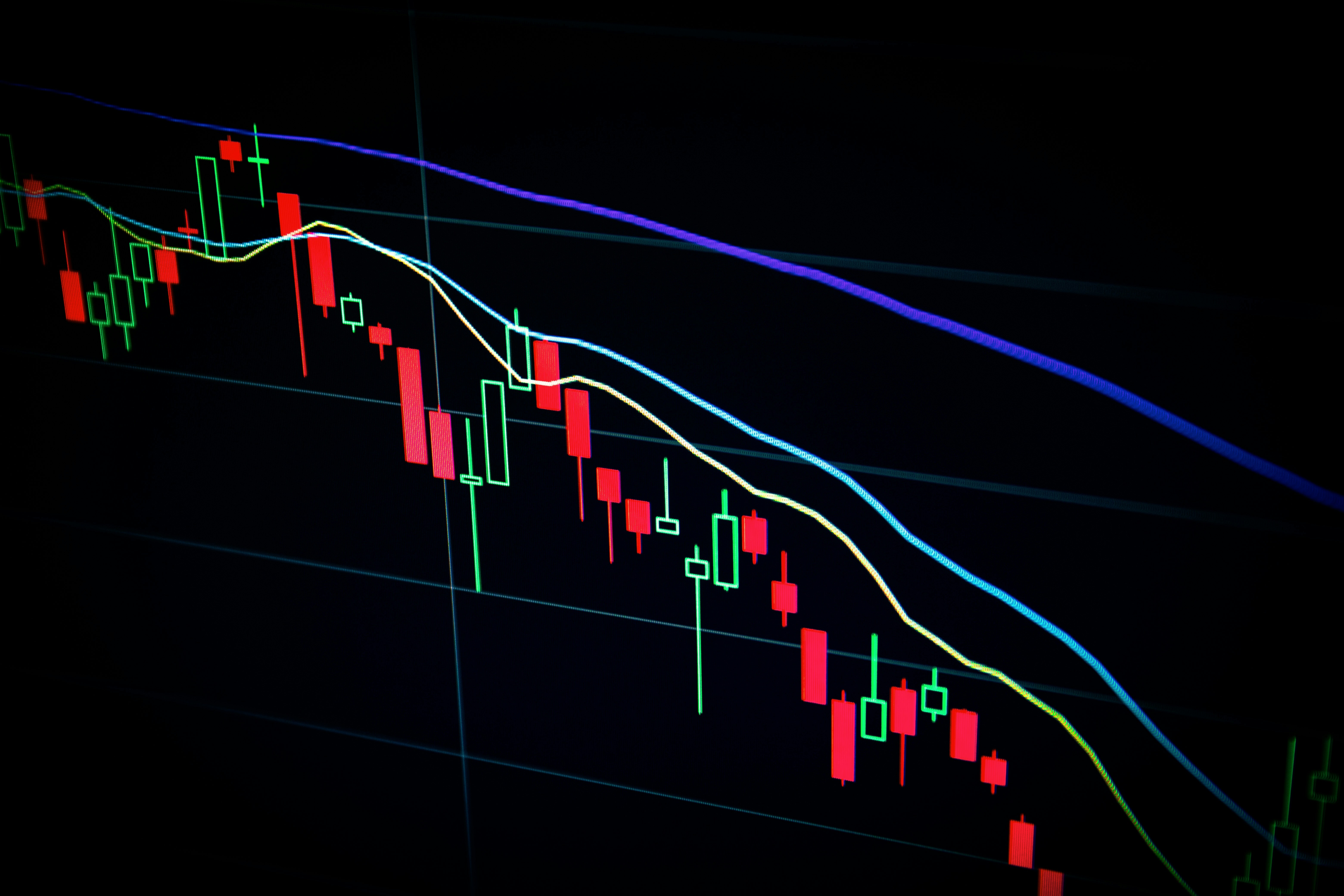Go back
The Psychology Behind Account Flipping
Apr 7, 2025
Account flipping in forex trading means trying to quickly grow a trading account, often through high-risk strategies. While the potential profits can be very appealing, the psychological hurdles that come with this aggressive style of trading can affect a trader's decisions and outcomes significantly. Understanding and managing emotions is crucial for anyone looking to succeed in account flipping. This article explores the psychological aspects of account flipping and offers tips on how traders can maintain emotional control.
The Emotional Rollercoaster of Account Flipping
1. Excitement and Euphoria
The thought of rapidly multiplying an account can create a lot of excitement. This euphoric feeling often pushes traders to take on bigger risks, driven by the thrill of potential gains. However, this heightened state can cloud judgment and lead to hasty decisions.
2. Fear of Loss
On the flip side, the fear of losing money can be overwhelming, especially when trading with high leverage. This fear can cause hesitation, indecision, or even panic selling, where traders exit positions too early to avoid further losses. Such reactions can throw a well-planned trading strategy off course.
3. Overconfidence
After a few successful trades, some traders may feel overconfident, thinking they have figured out account flipping. This mindset can lead to reckless trading behavior and larger bets, increasing the chances of big losses.
4. Frustration and Disappointment
The volatility that comes with account flipping can lead to periods of frustration, especially when trades don't go as expected. Disappointment can trigger emotional responses that negatively affect future trades, creating a cycle of poor decision-making.
Strategies for Managing Emotions
1. Set Clear Goals and Limits
Having realistic goals for account flipping helps to manage expectations. Setting limits on how much of the account will be risked in a single trade can prevent emotional decision-making and reduce the pressure to chase losses.
2. Develop a Trading Plan
A solid trading plan that outlines entry and exit strategies, risk management techniques, and specific criteria for trades can act as a guide. This plan helps traders stick to their strategies rather than reacting impulsively to market changes.
3. Practice Mindfulness
Mindfulness techniques, like meditation or deep breathing exercises, can help traders stay calm and focused. Practicing mindfulness enhances emotional awareness and allows traders to recognize when emotions are influencing their decisions.
4. Keep a Trading Journal
Maintaining a trading journal is a great way to track not just trades but also the emotions tied to each trade. Reflecting on emotional responses can help traders identify patterns and triggers, leading to better emotional control.
5. Limit Leverage
While leverage can boost profits, it also heightens the potential for losses, creating emotional stress. Using lower leverage allows traders to manage risk better and keep their emotions in check.
6. Take Breaks
Stepping away from trading during high-stress moments can provide perspective and prevent emotional decision-making. Taking breaks allows traders to recharge and return to the market with a clearer mindset.
7. Seek Support
Connecting with other traders can provide valuable support and insights. Sharing experiences and discussing emotions can help traders feel less isolated and more grounded in their decision-making.
Conclusion
The psychology behind account flipping plays a crucial role in a trader’s success. By understanding the emotional challenges that come with high-risk trading and implementing strategies to manage these emotions, traders can improve their decision-making and increase their chances of success. Ultimately, keeping emotional control is key to navigating the exciting yet turbulent journey of account flipping in the forex market.



